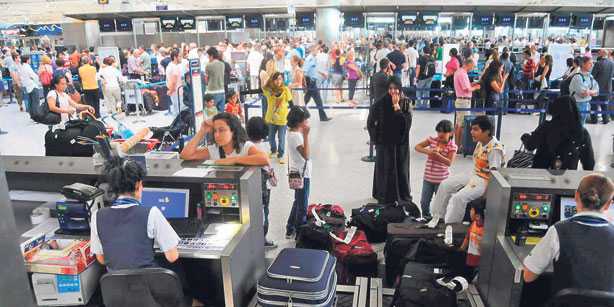By Martin Luther Oketch (email the author)
Posted Thursday, December 2 2010 at 00:00
Kampala
Uganda and Turkey have signed a bilateral trade agreement that will formalise business traffic between the two countries. The signing of the agreement follows a first joint economic commission of a Ministerial session held in Kampala between Monday and Tuesday. The meeting, which included a delegation of Turkish officials, Uganda officials and participants from other East African states, also discussed bilateral trade relationships between East Africa, particularly Uganda, and Turkey.
Trade volumes
According to statistics recorded in the last decade, trade between the two countries has grown from about Shs4.6 billion in 2003 to about Shs51 billion in 2009. The committee focusing on trade and investment, said trade potential between the two countries has not been fully exploited and as such there is a need for a joint vision to strengthen and further develop commercial and economic relations.
The committee agreed to encourage the two countries’ export promotion bodies to assist Small and Medium Enterprise to expand capacity and engage in export trade and facilitation.
Members said SMEs should be provided with skills development programmes and trade information in order to boost their capacity.
Other focus areas
The agreement will also focus on industrialisation with technical support from Turkey, technological transfers to support Uganda’s textile industry and goods standardisation among others. Turkey also agreed to provide training programmes to Ugandan farmers on the issue of modern irrigation systems, agricultural extension and the use of agricultural equipment and machines. The technical session also indentified transport as another key area, which needs cooperation.
Mr Kahinda Otafiire, Uganda’s Tourism and Trade minister, signed on behalf of the Uganda government, while Mr Bulent Arinc, the Turkish deputy prime minister, signed on behalf of the Turkish government.
via Daily Monitor: – Commodities |Uganda, Turkey sign bilateral trade agreement.



